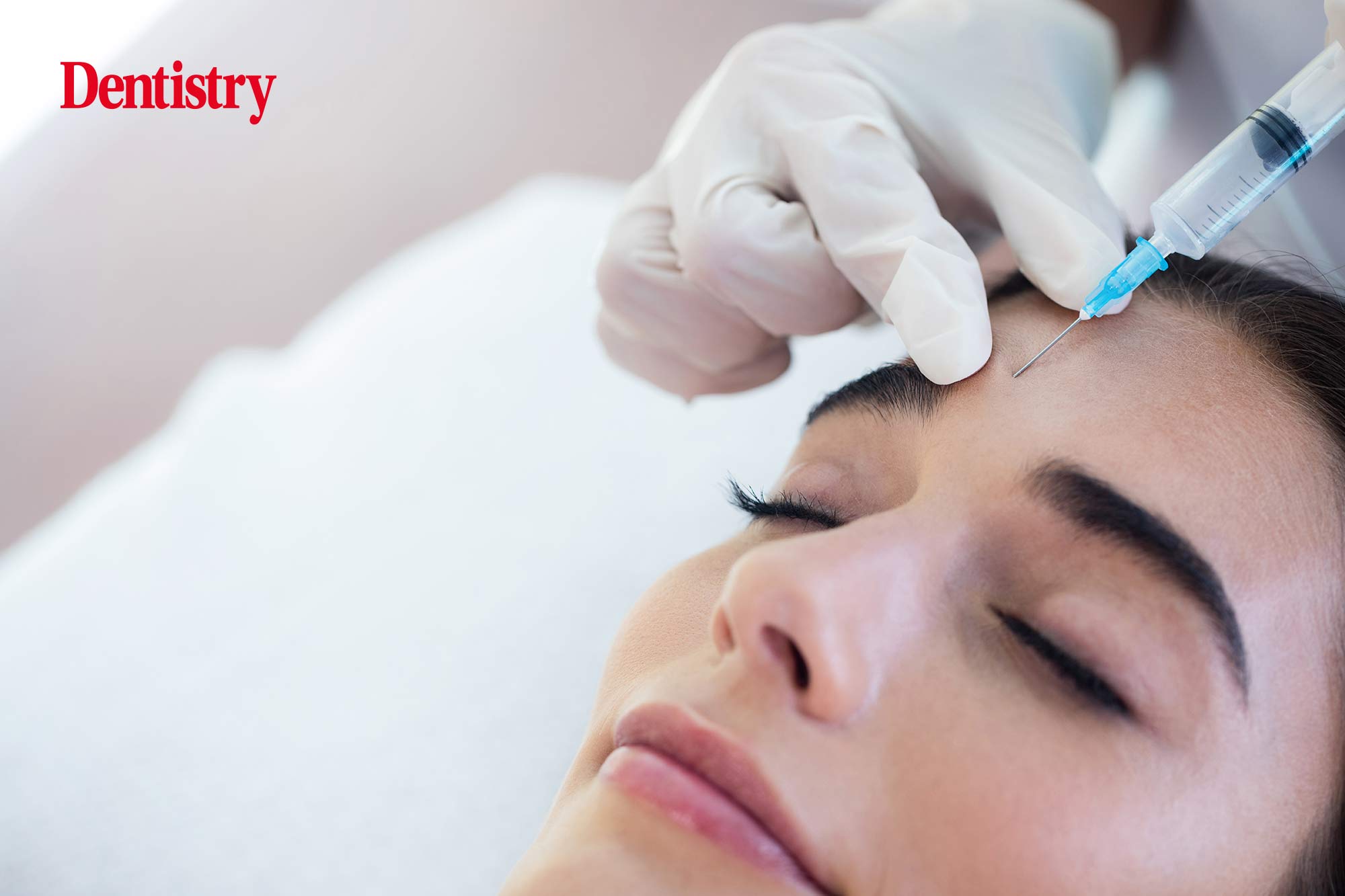 Almost one in four practitioners who are administering aesthetic injections such as Botox are dentists, new research shows.
Almost one in four practitioners who are administering aesthetic injections such as Botox are dentists, new research shows.
According to a study led by University College London researchers, 24% of cosmetic practitioners who are administering injections such as Botox are dentists, while 8% are dental nurses.
Researchers evaluated 3,000 websites to identify 1,224 independent clinics and 3,667 practitioners who were delivering cosmetic injections such as Botox.
Of the professions represented, 32% were doctors, 13% were nurses, 24% were dentists and 8% were dental nurses. Of the 1,163 doctors identified, 41% were on the specialist register and 19% were on the GP register.
The findings also suggested that 12% of treatments are carried out by non-healthcare ‘aestheticians’.
Published in the Journal of Plastic, Reconstructive & Aesthetic Surgery, the UK injectables market is predicted to reach a value of £11.7 billion by 2026.
Dentistry’s top stories
- GDC reveals number of dental professionals erased or suspended for ‘top-up’ fees
- ‘I feel like I’m drowning’ – can NHS dentistry actually change?
- Why dental hygienists and therapists are key to expanding access to dental care
- Are associates and dental nurses being forgotten in NHS dentistry?
- The 2023 Clinical Dentistry Awards – the finalists.
Regulation of the industry
Dr David Zargaran is a plastic surgeon and author of the study. He said: ‘There are well-documented – yet to date, unaddressed – challenges in the UK cosmetic injectables market.
‘Without knowledge of the professional backgrounds of practitioners, we cannot adequately regulate the industry. Our research highlights that the majority of practitioners are not doctors. [They] include other healthcare professionals, as well as non-healthcare professionals such as beauticians.’
Minimise risks
He added: ‘The range of backgrounds opens a broader question relating to competence and consent. One of the key challenges facing the government’s licensing scheme is to ensure that practitioners granted a licence possess the skills and experience required to safely administer their treatment to minimise risks to patients.
‘It is important for patients to be able to feel comfortable and confident that the person administering their treatment is competent in the procedure as a fundamental foundation of informed consent.
‘This research provides a unique insight into the sector to help inform regulators and patients, and work towards a safer and more transparent cosmetic injectables industry in the UK.’
You can read the full study here.
What are your thoughts? Email [email protected].
Follow Dentistry.co.uk on Instagram to keep up with all the latest dental news and trends.


